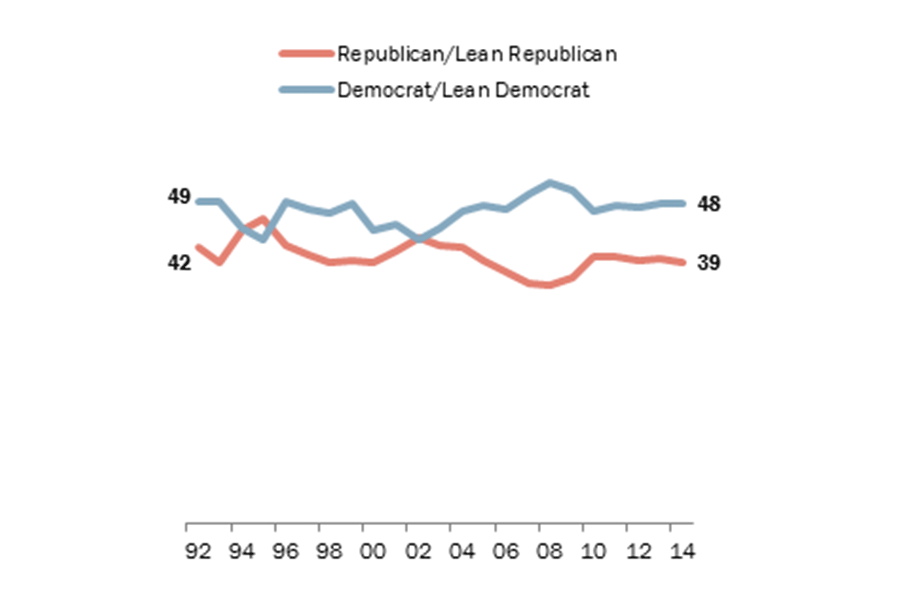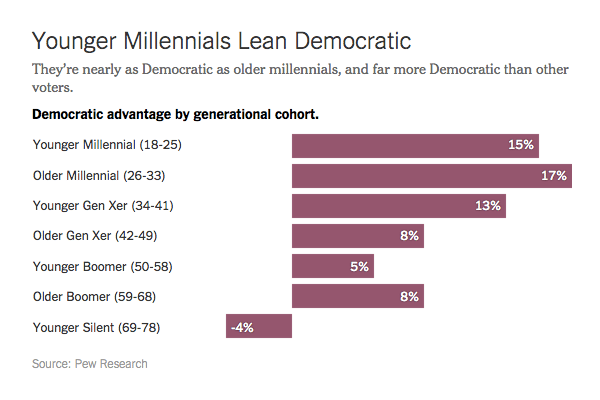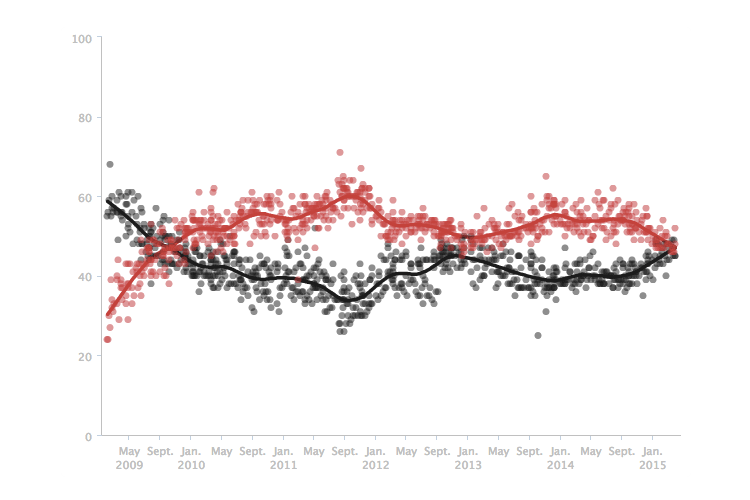The success of an economy depends upon the dedicated toil of non-elites. Maybe a slave system like the planter order of the Old South can threaten the use of the lash, or the slave order of Hitlerland can kill people who falter at mandated efforts. Such still wears people down, and productivity has its limitations. Honest pay for honest efforts, whether as well-paid industrial workers or as small-scale entrepreneurs with the incentive of profit, works.
British, American, and Canadian workers were far more efficient than their German and especially slave counterparts despite the brutal management characteristic of Nazi-dominated industry. Such would give the British, Canadian, and American forces more copious supplies for the victory that they eventually won. Besides, slave laborers and people avoiding call-ups for slave labor make an excellent fifth column for any conqueror.
It's not only industrial workers. During the Civil War areas liberated by the Union Army became safe havens for slaves escaping the plantations that provided the food for the Confederate Army. Escaped slaves got honest pay for building fortifications and for working the ports of liberated New Orleans and other cities. By the end of the Civil War the escaped, emancipated ex-slaves were better fed than Confederate troops.
...One can create models of economic activity, but without devoted and motivated work behind those models, those models are as suitable for realization as the architectural or engineering rendering of the artist M. C. Escher:

(The Second Law of Thermodynamics applies just about as well to economics as to classical mechanics, which should not surprise those who recognize that much of the basis of quantitative economics was developed by academics in chemistry) . The humor in Escher's renderings is evident to anyone who did well in high-school physics.




